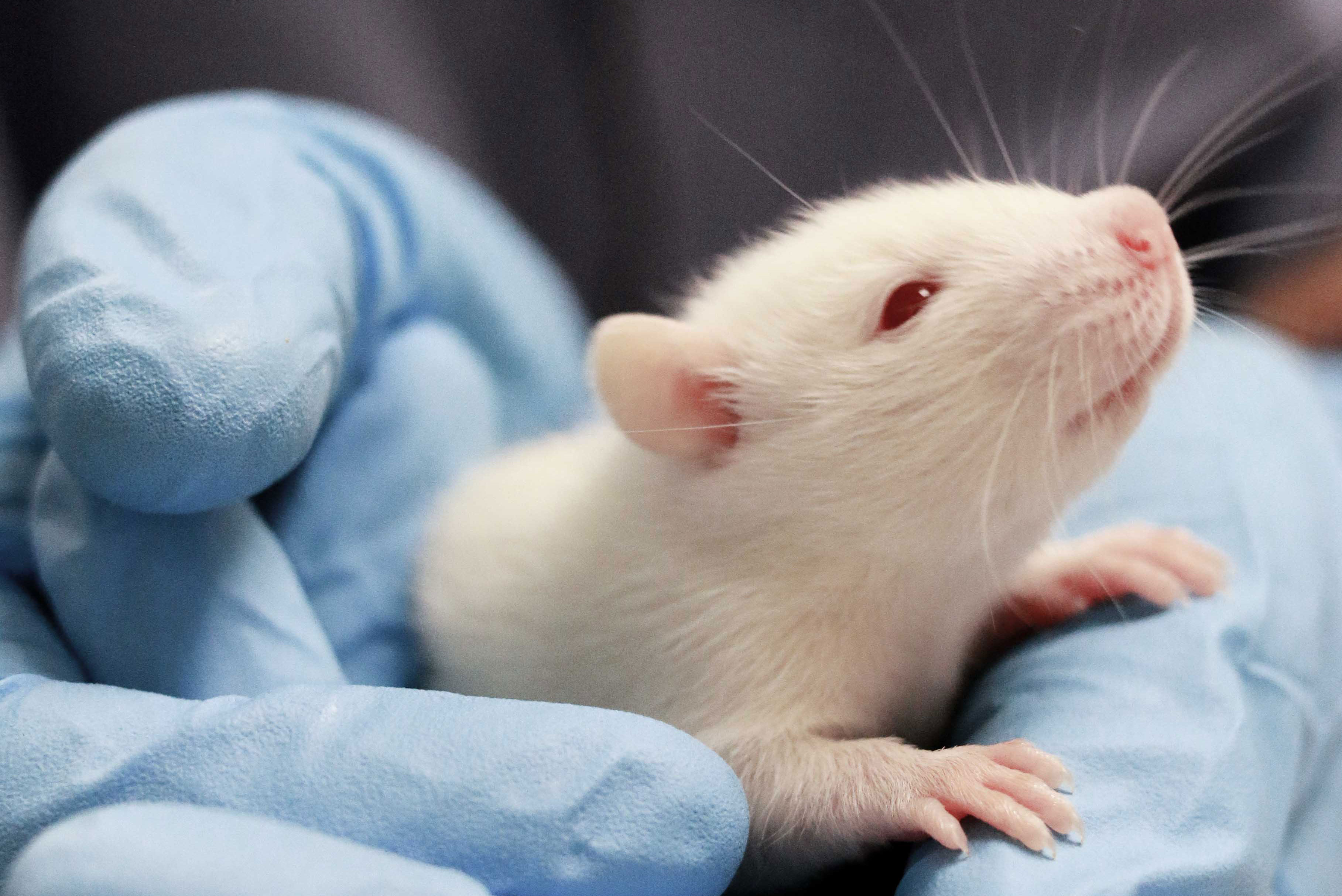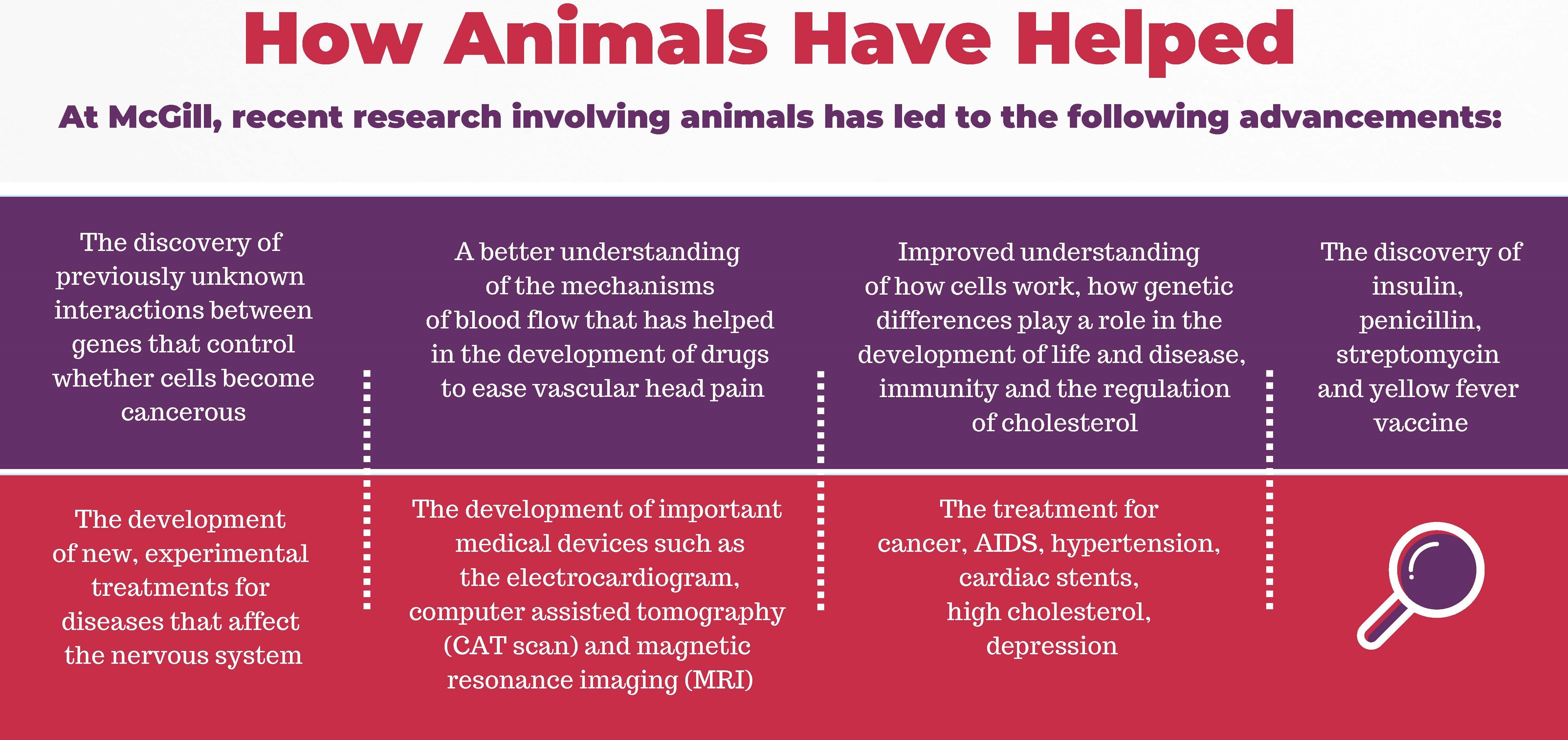
Animal Research Saves Lives, Cures Disease and Gives Hope
How research with animals helps make life better. For all of us.

Animal Research Saves Lives, Cures Disease and Gives Hope
How research with animals helps make life better. For all of us.

From the development of insulin to the latest life-prolonging cancer drugs and virtually every major medical advance in between, animals have played vital roles in scientific research that have led to cures and treatments for a wide array of human diseases. They have helped scientists improve the nutritional value of our food supply and – thanks to agricultural and veterinary research – have helped bring about a better quality of life for many animals and a safer environment as well.
Millions of lives have been saved, improved and extended thanks to the results of humane scientific research that has relied upon animals at various stages. Without the use of animals, men, women and children around the world would simply not enjoy the quality and length of life they do today

Researchers and everyone involved in research with animals – including veterinarians and animal-care technicians – are sincerely concerned about the welfare of animals that are part of the research process. But researchers are also concerned about the sick and disabled among us who are desperate for ways to deal with pain or the prognosis of fatal illness or who seek better ways to ease their suffering from a chronic medical condition.
Thousands, perhaps millions, of lives can be improved by a successful research project that leads to better care and treatment – for the grandfather taken by Alzheimer’s disease, the mother stricken with breast cancer, the child learning to live with diabetes, the whole segment of a community trying to cope with excessive levels of cholesterol or heart disease. Those are the people the researchers are trying to help.

Read the text-based version of the graphical image above.

Animals are used in research when there is simply no alternative that will produce the necessary results. Before scientists at McGill are allowed to employ animals in research, they must follow what are called the “Three Rs.”

It isn’t easy to get a research proposal involving animals approved at McGill. Before animals are involved in research, two levels of review must occur.

A number of myths or misconceptions have arisen in the discussion about the involvement of animals in scientific research. It is important to know the facts.
 Where to find out more
Where to find out moreThere is a wealth of information about humane animal research available on the internet. Here is a sample of sites you might want to visit to learn more:
You can also send us an animalcare [at] mcgill.ca (email) if you have more questions of comments.
McGill University regards the use of animals in research and teaching, to be an integral component of continued progress in medicine, science, education, environmental sciences and agriculture that results in enormous benefits for human and animal health. McGill University is committed to conducting the highest-quality research and to providing animals with the best care and in accordance to the guidelines of the Canadian Council on Animal Care (CCAC).